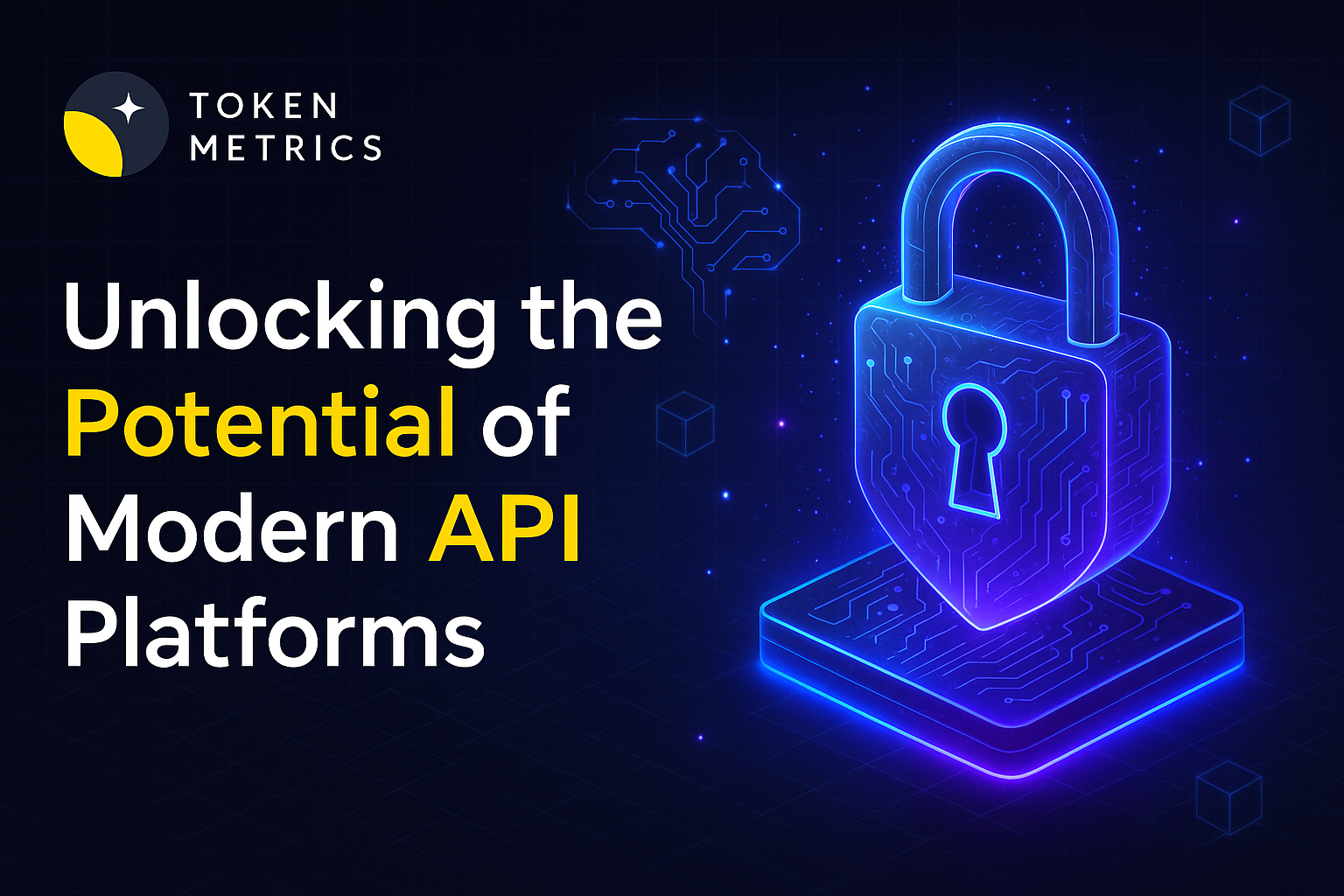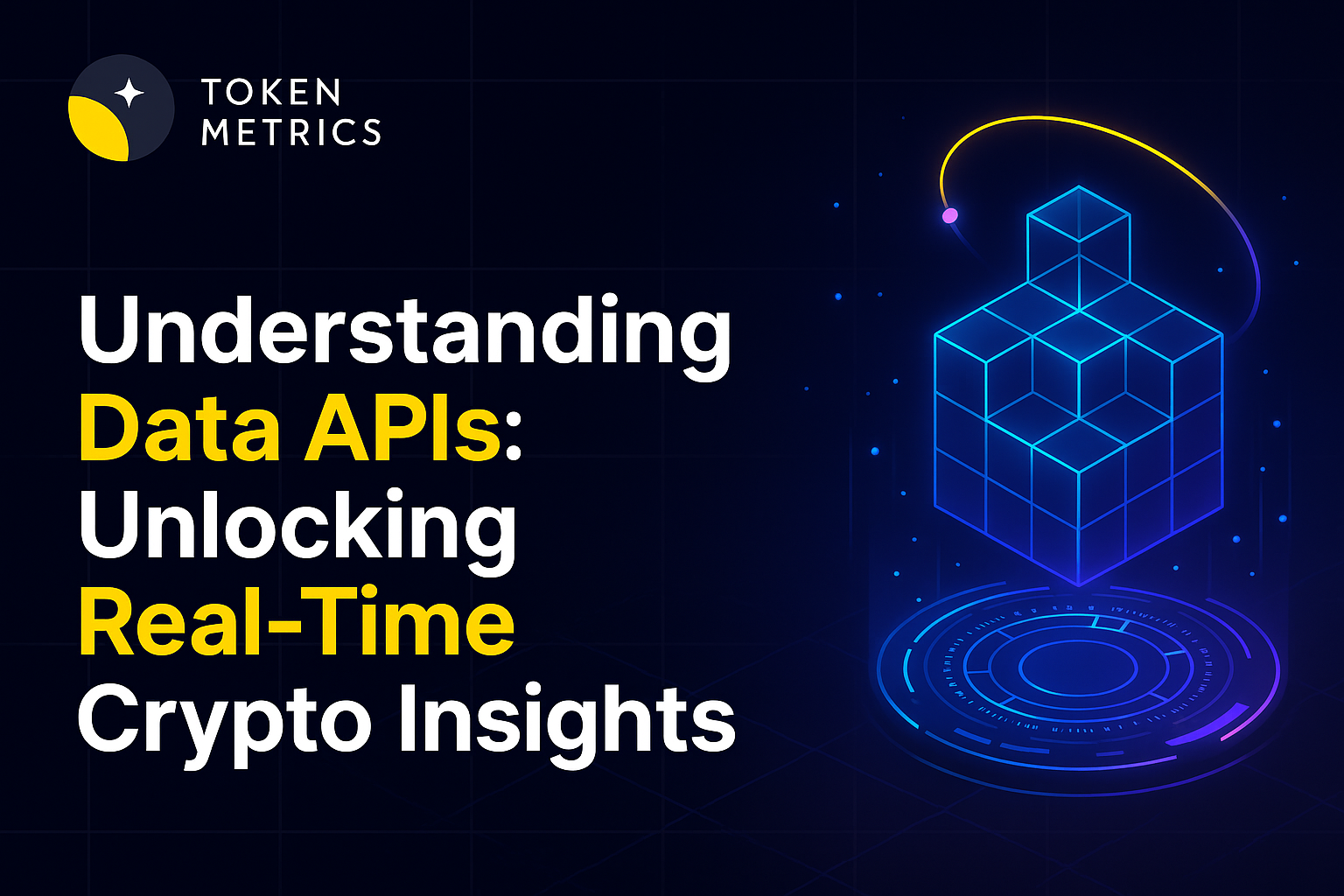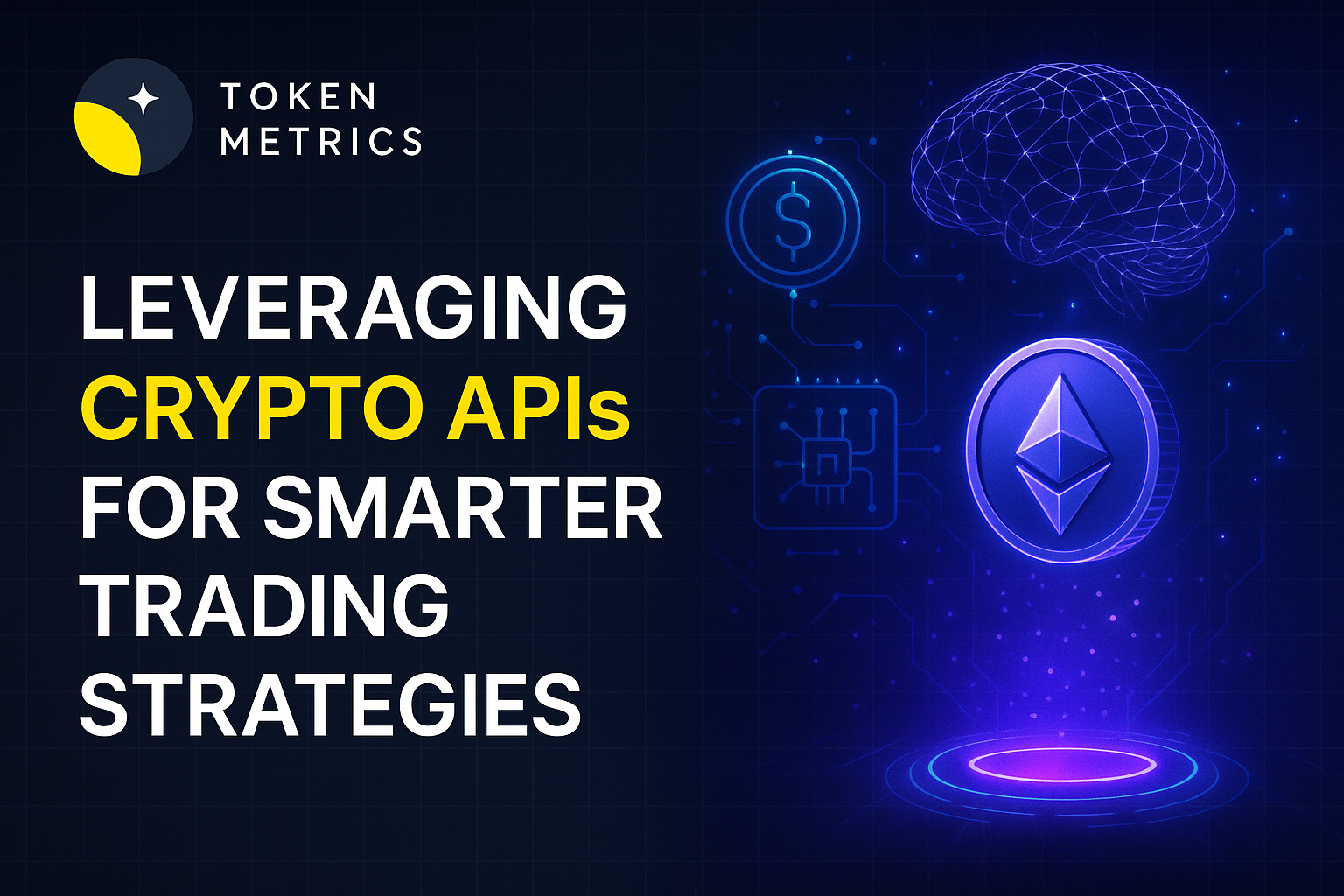Metaverse Crypto Coins - Are They Good to Invest?

The virtual reality world is expanding rapidly, and with it comes the emergence of metaverse crypto coins. These digital currencies are crucial in shaping the metaverse, a virtual world where users can buy, sell, and trade digital assets such as virtual land, real estate, and avatar items.
This article will delve into the concept of metaverse crypto coins, discuss their potential as investments, and explore the ongoing developments in this exciting space.
What is Metaverse Crypto?
Metaverse crypto coins are a subset of cryptocurrencies that enable users to transact within blockchain-powered virtual worlds. These digital currencies act as a medium of exchange within the metaverse, allowing users to buy, sell, and trade various digital assets.
Metaverse crypto coins are often used to purchase virtual land, avatar accessories, and other in-game items. These coins are typically built on blockchain platforms like Ethereum, Solana, Polygon, and Cardano.
The metaverse offers users a unique and immersive experience where they can explore virtual worlds, interact with other users, and participate in various activities.
These virtual worlds are interconnected, allowing users to move between different platforms and experiences seamlessly. Metaverse crypto coins facilitate these transactions and create a virtual economy within the metaverse.
How to Buy Metaverse Crypto?
If you're interested in buying metaverse crypto coins, you can do so through various cryptocurrency exchanges. These exchanges provide a platform for users to buy, sell, and trade digital currencies, including metaverse coins. Here's a step-by-step guide on how to purchase metaverse crypto:
- Sign up for a crypto exchange: Choose a reputable crypto exchange such as Coinbase, Kraken, or Uphold. Register an account and complete the exchange's customer onboarding process.
- Confirm your payment details: Choose a payment method to fund your trading account. Most U.S.-based crypto exchanges typically accept wire transfers.
- Select the metaverse token: Once your account is funded, choose the metaverse token(s) you want to buy. View the current market price and place an order for the desired amount. You can place a market order, executed instantly, or a limit order, completed once the price reaches your specified level.
- Store your metaverse coins: Once your purchase is complete, the metaverse coins will be deposited into your trading account's wallet. Transferring your coins to a secure crypto wallet for long-term storage is recommended.
Alternatively, you can purchase metaverse coins on peer-to-peer trading platforms or decentralized exchanges (DEXs). These platforms offer alternative ways to buy and trade cryptocurrencies, providing more flexibility and anonymity for users.
List of Top Metaverse Coins
The metaverse ecosystem is vast and diverse, with numerous metaverse coins available for investment. While the metaverse is still in its early stages, several coins have gained significant traction and show promise for the future. Here are some of the top metaverse coins to consider:
- Decentraland (MANA): Decentraland is a virtual world built on the Ethereum blockchain. The MANA token is the native currency of Decentraland and is used to buy virtual land, and digital assets, and participate in the platform's economy.
- Sandbox (SAND): Sandbox is another famous virtual world where users can create, own, and monetize their gaming experiences. The SAND token is the in-world currency for transactions within the Sandbox metaverse.
- Axie Infinity (AXS): Axie Infinity is a blockchain-based game where players can battle and collect digital creatures called Axies. The AXS token is the governance token of the Axie Infinity ecosystem and allows players to participate in the game's development and earn rewards.
- Enjin Coin (ENJ): Enjin Coin is an ERC-20 token built on the Ethereum blockchain. It is designed to power the creation and exchange of virtual goods and assets within the Enjin ecosystem, including metaverse games and virtual marketplaces.
- Ethereum (ETH): Ethereum is not a specific metaverse coin, but it is the blockchain platform on which many metaverse projects are built. ETH is the native cryptocurrency of the Ethereum network and is widely used for transactions and smart contracts within the metaverse.
It's important to note that investing in metaverse coins carries inherent risks, as the market is highly volatile and speculative. It's crucial to conduct thorough research and consult with a qualified professional before making any investment decisions.
Are Metaverse Coins a Good Investment?
The potential of metaverse coins as investments is a topic of much discussion. While the metaverse industry holds immense promise for the future, it is still in its early stages, and the market is highly speculative. Investing in metaverse coins requires careful consideration and risk assessment.
One of the critical factors to consider when evaluating the investment potential of metaverse coins is the underlying technology and the development team behind the project.
Understanding the scalability, security, and utility of the blockchain platform can provide insights into the long-term viability of the metaverse coin.
Another aspect to consider is the adoption and popularity of the metaverse platform. Metaverse coins associated with widely used and highly active platforms are more likely to see increased demand and value appreciation.
Additionally, partnerships with established brands and companies can contribute to a metaverse coin's growth and success.
However, it's crucial to approach investments in metaverse coins with caution. The market is highly speculative, and prices can be subject to significant fluctuations. It's essential to diversify your portfolio and only invest what you can afford to lose.
Ongoing Developments and Future Potential
The metaverse industry is evolving rapidly, with ongoing developments and innovations shaping the future of virtual economies. Here are some notable trends and developments to keep an eye on:
- Interoperability: The ability to seamlessly move assets and experiences between different metaverse platforms is gaining traction. Interoperability allows users to leverage their digital assets across multiple virtual worlds, creating a more immersive and connected metaverse experience.
- Play-to-earn: Play-to-earn models, where users can earn metaverse coins by participating in virtual activities and games, are gaining popularity. This trend could revolutionize the gaming industry and create new player income opportunities.
- NFT Integration: Non-fungible tokens (NFTs) have become integral to the metaverse ecosystem. NFTs allow the ownership and trading of unique digital assets within the metaverse, such as virtual land, art, and collectibles.
- Virtual Real Estate: Virtual land is a valuable asset within the metaverse, and virtual real estate markets are emerging. Users can buy, sell, and develop virtual land, creating opportunities for virtual businesses and experiences.
- Brand Integration: Major brands and companies are recognizing the potential of the metaverse and exploring ways to engage with users in virtual worlds. Partnerships between metaverse platforms and established brands can drive adoption and innovation in the space.
As the metaverse continues to evolve, new opportunities and challenges will arise. It's an exciting time for the industry, and staying informed about the latest developments and trends is crucial for investors and enthusiasts alike.
Frequently Asked Questions
Q1. How can I earn crypto in the metaverse?
There are several ways to earn crypto in the metaverse:
- Land Sales: Buying and selling virtual land can be a lucrative venture in the metaverse. Some parcels of virtual land have been sold for significant sums of money.
- Digital Asset Creation: Creating and selling digital assets, such as NFTs, can be profitable. Artists and creators can monetize their skills by designing and selling unique virtual items.
- Providing Services: Users can offer various services within the metaverse, such as virtual advertising, event hosting, or virtual tour guiding. These services can be monetized, allowing users to earn crypto.
- Playing Games: Play-to-earn games in the metaverse allow users to earn crypto by participating in gaming activities and completing in-game tasks.
Q2. Are metaverse coins a safe investment?
Investing in metaverse coins, like any other cryptocurrency, comes with risks. The market is highly volatile and speculative, and prices can fluctuate dramatically.
It's essential to conduct thorough research, assess the underlying technology and development team, and consider the long-term potential of the metaverse platform before making any investment decisions.
Q3. What factors should I consider before investing in metaverse crypto?
Before investing in metaverse crypto, consider the underlying technology, development team, adoption and popularity of the metaverse platform, partnerships with established brands, and the overall market conditions.
It's essential to conduct thorough research, assess the risks involved, and consult with a qualified professional before making any investment decisions.
Q4. Is investing in metaverse coins risky?
Investing in metaverse coins carries inherent risks. The market is highly speculative, and prices can fluctuate significantly.
It's crucial to diversify your investment portfolio, invest only what you can afford to lose, and stay informed about the latest developments and trends in the metaverse industry.
Conclusion
Metaverse crypto coins are playing a pivotal role in shaping the future of virtual economies. These digital currencies enable users to transact within the metaverse, buy and sell virtual assets, and participate in the emerging virtual economy.
While the potential of metaverse coins as investments is promising, it's essential to approach them with caution due to the speculative nature of the market.
Conduct thorough research, assess the underlying technology and development team, and consider the long-term potential before investing in metaverse crypto.
As the metaverse continues to develop and expand, it presents exciting opportunities for innovation and growth in various industries. Stay informed, diversify your investment portfolio, and embrace the potential of the metaverse.
Disclaimer
The information provided on this website does not constitute investment advice, financial advice, trading advice, or any other advice, and you should not treat any of the website's content as such.
Token Metrics does not recommend that any cryptocurrency should be bought, sold, or held by you. Conduct your due diligence and consult your financial advisor before making investment decisions.
Create Your Free Token Metrics Account

.png)




%201.svg)
%201.svg)


%201.svg)










.svg)




.png)